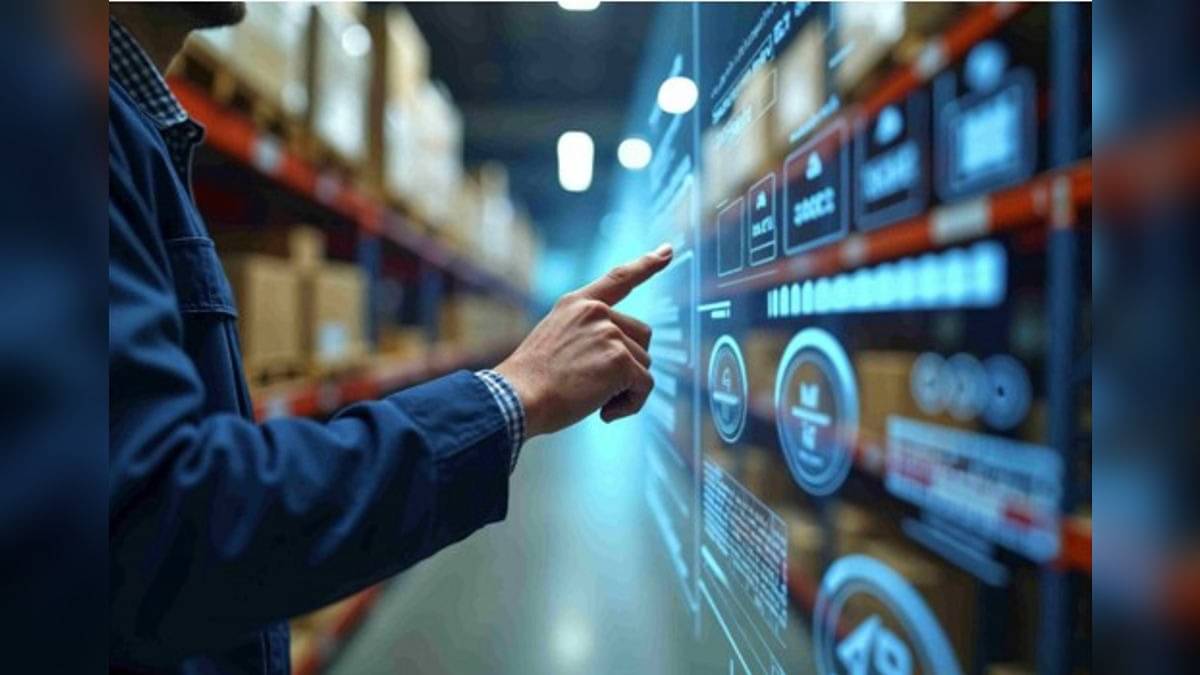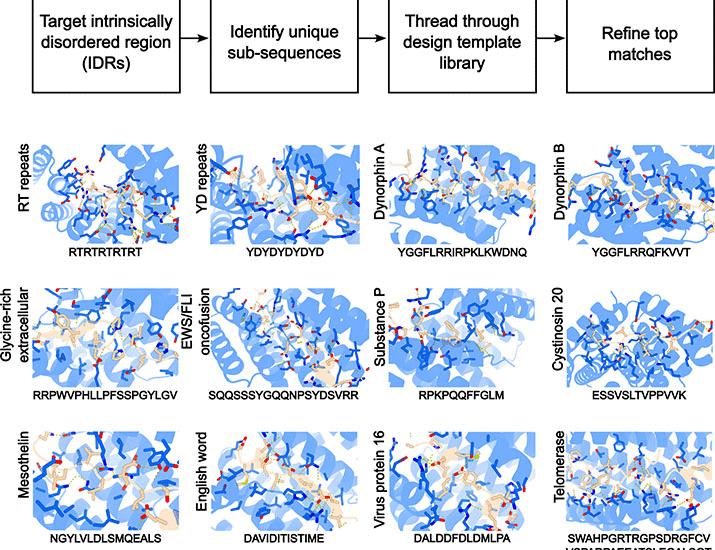Now Reading: Smart Warehousing: How AI and Automation Are Transforming Logistics Real Estate
-
01
Smart Warehousing: How AI and Automation Are Transforming Logistics Real Estate
Smart Warehousing: How AI and Automation Are Transforming Logistics Real Estate

Quick Summary
- Transformation of Warehousing: Supply chains are transitioning from passive back-end operations to strategic hubs enabled by AI,automation,and smart infrastructure,reshaping logistics and real estate in India.
- Key Technologies Driving Change:
– Predictive inventory systems for demand forecasting.
– Autonomous operations via robotics and AGVs (Automated Guided Vehicles).
– Real-time inventory visibility ensuring better efficiency.
– Sustainable design emphasizing scalability and energy optimization.
- Industry Perspectives:
– Zafeer ahmed, XRE Consultants MD: Warehousing is now a dynamic link in supply chains, leveraging AI to enable predictive operations.- Shashi Bhushan, Stellar Innovations chairman: Modern logistics real estate emphasizes proximity, flexibility, digital integration for speed and scalability.
– Lokendra ranawat, Wooden Street CEO: tech-ready warehousing vital for quick fulfillment responses to customer demands while maintaining quality delivery standards.
- Real Estate Evolution:
– Emphasis on strategically located logistics parks enhanced with adaptability for high-volume throughput powered by smart tech.
– Growing investor focus on future-proof industrial spaces aligned with intelligent supply chain needs due to e-commerce expansion.
indian Opinion Analysis
India’s shift toward smart warehousing marks a significant milestone in modernizing the country’s supply chain ecosystem. By integrating technologies such as AI-driven demand forecasting and automated systems into the backbone of logistics infrastructure, industries can achieve greater operational agility. This evolution holds particular meaning given India’s growing e-commerce market and rapid urbanization trends demanding faster delivery cycles.
The intersection between technology-infused warehouses and logistics-driven real estate represents both challenges and opportunities. While it could lead developers to rethink industrial infrastructures strategically near consumption zones or major hubs, sustainability concerns must also be central as these ecosystems scale up. As businesses increasingly adopt these intelligent models backed by data accuracy and automation precision, India stands positioned as a transformative hub in global supply chain strategies-an essential step toward economic resilience amid changing consumer dynamics.



























